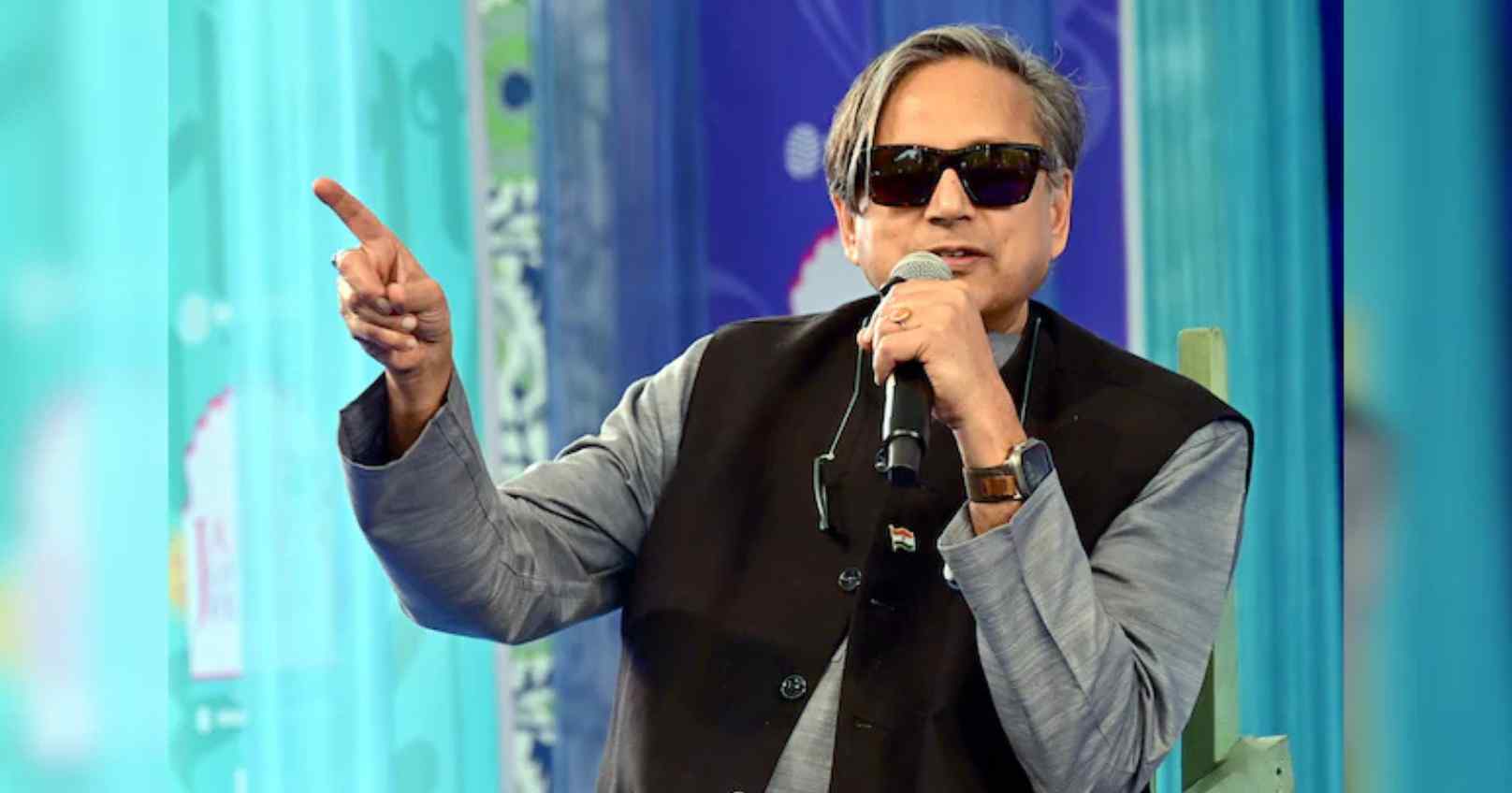Congress leader Shashi Tharoor admitted on Tuesday that he had misjudged India's stance on the Russia-Ukraine conflict when it first erupted, acknowledging that he now finds himself in a position where he must reconsider his earlier criticism. He noted that India's approach has positioned the country as a key player in facilitating lasting peace.
Initially, Tharoor had criticized India’s neutral stance when Russia launched its invasion of Ukraine, arguing that the aggression warranted outright condemnation.
Speaking at the Raisina Dialogue, the former Minister of State for External Affairs remarked, "I am still wiping the egg off my face. Back in February 2022, during a parliamentary debate, I openly opposed India's position on the war."
The Thiruvananthapuram MP explained that his stance was rooted in fundamental principles: the violation of the UN Charter, the breach of Ukraine’s sovereignty, and the inadmissibility of force to resolve disputes. According to him, Russia’s actions contradicted these long-standing global norms, and he had believed India should have openly denounced the invasion.
However, three years later, Tharoor admitted that India's diplomatic approach has yielded significant advantages. "Today, we have a Prime Minister who can embrace both Ukraine’s President and Russia’s President within weeks of each other and still maintain credibility in both capitals," he noted during a discussion titled 'Waging Peace: Looking Back to Look Ahead.'
India’s geographical and political distance from Europe has also contributed to its ability to navigate the conflict neutrally, Tharoor observed. This neutrality, he suggested, now enables India to play a crucial role in shaping a potential peace settlement between Russia and Ukraine.
Clarifying that he was not speaking on behalf of the government, Tharoor also addressed the possibility of India sending peacekeepers if a mutually agreed settlement was reached between the warring nations. He noted that since Russia had categorically rejected NATO-aligned European peacekeepers, other countries would have to step in for such an effort.
"From an Indian parliamentary perspective, I don’t foresee significant opposition to this idea. In contrast to 2003, when India firmly rejected a request to send troops to Iraq post the U.S. invasion, the Ukraine situation appears different," Tharoor opined.
With India’s track record of over 49 peacekeeping missions worldwide, its commitment to global stability is well established, he said. While the final decision rests with the government, Tharoor indicated that India could consider contributing peacekeepers if required and if conditions aligned with national interests.







